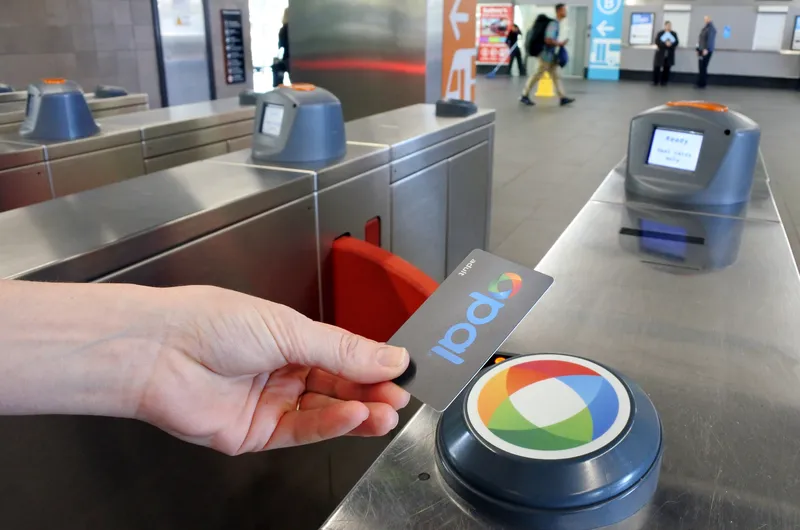
US micromobility company Spin has launched its first international operation, beginning services in Cologne, Germany.
Next week it will expand to two more German cities, Dortmund and Essen - while in July it plans to launch in more US cities including Atlanta.
The company, which is owned by automotive giant Ford, has long made its interest clear in the European market, and has applied for permits in two French cities, Lyon and Paris.
It has also set its sites on the UK, with targets including Liverpool, Manchester and Birmingham.
The company has been operating a reduced service during the global pandemic, and has - like other micromobility providers - offered free rides for healthcare professionals.
“Spin scooters are being used now more than ever as a utility rather than for leisurely activities,” said
co-founder Euwyn Poon. “As public transit is cutting services, Spin is stepping in to help."
As its services pick up again, the company says it has seen a 34% average increase week-on-week in new daily active users - plus a 44% rise in the length of users' trips, to a peak of 24 minutes in May.
The company believes Germany is particularly ripe for e-scooters, after a survey it commissioned from YouGov found that nearly half of Germans indicated they are already using - or planning to use - a 'solo transportation option' for commuting to and from work, and for short trips.
“We are seeing heavier adoption of micromobility all around the world especially as the need for people to commute in less crowded conditions increases,” said Spin CEO Derrick Ko.









